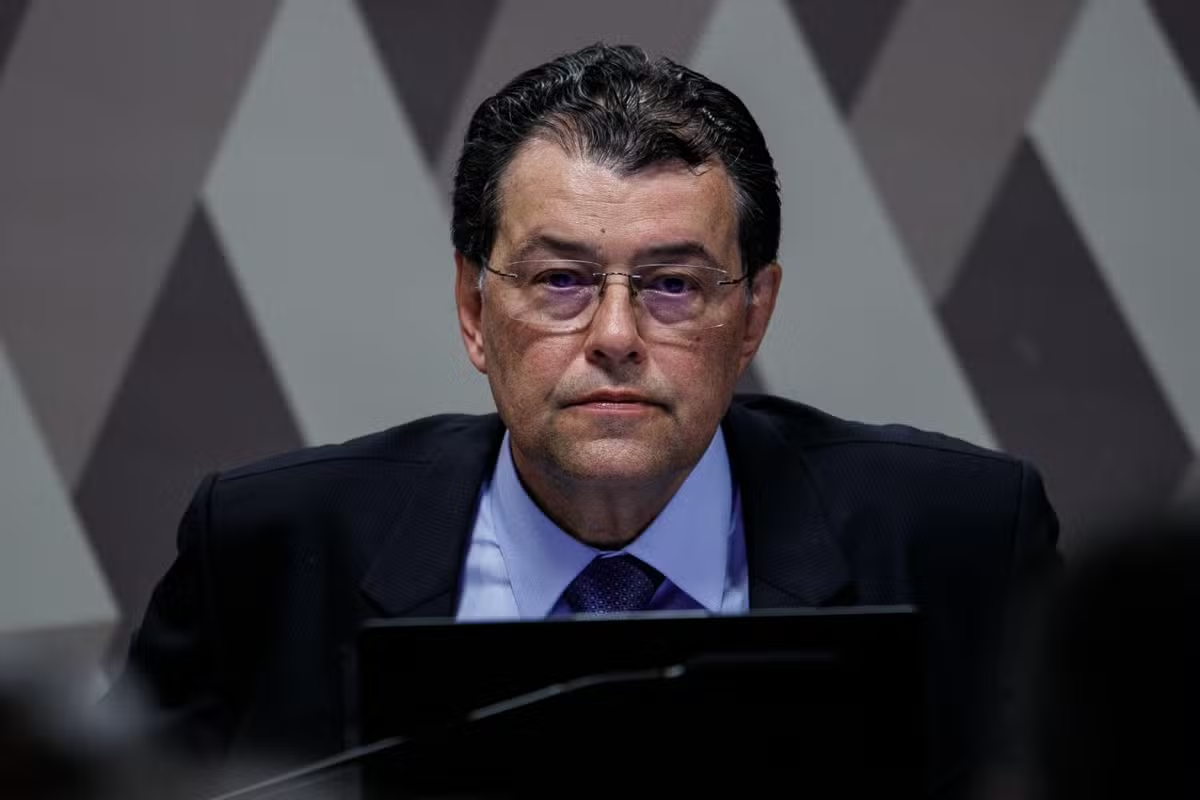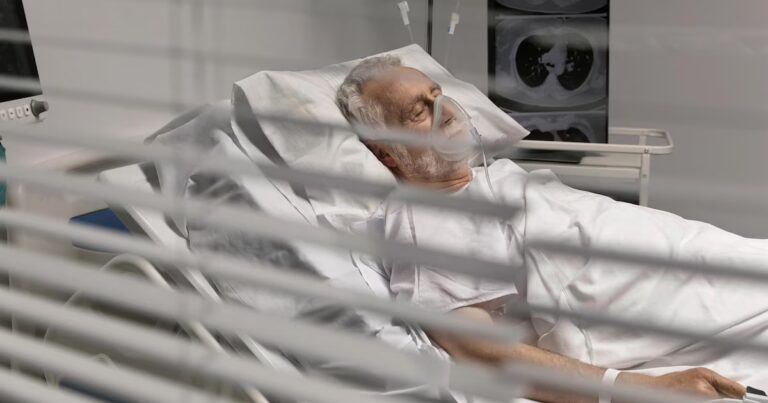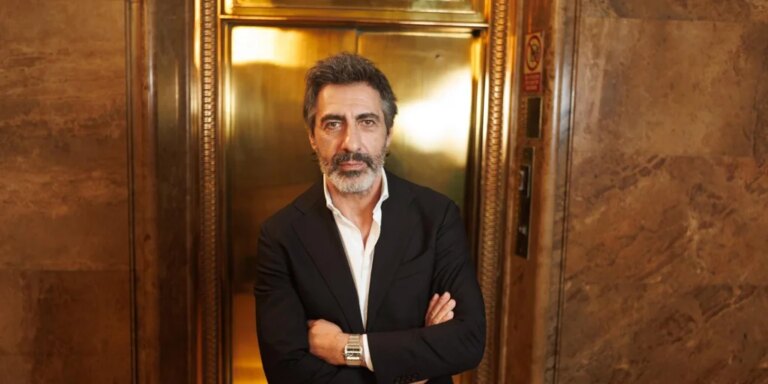
In an interview with GLOBO, he said the project could be delayed if the Treasury and the central bank do not come up with measures to stop irregular transactions through Pix, describing an “inspection vacuum” that favors clandestine gambling sites, unregulated fintechs and organized crime.
The senator, who is seen as an ally by the Palacio do Planalto, also said the narrow vote in the Senate to reappoint Paulo Gone, the attorney general of the republic, was a “worrying warning” for Lula. He received just four more votes than he needed to win a new role as head of the law enforcement agency.
The senator, a former Amazonas state governor, also defended the country abandoning the “hypocrisy” of delegating the fight against crime to states alone, saying security must be a collective responsibility.
Currently, gamblers pay 12% of their gross gambling revenue, but Sen. Renan’s text proposes 24%. How much would you suggest?
First of all, you need to understand that there are some bets that don’t pay out 12%, i.e. nothing, because it’s illegal. Therefore, it makes no sense to increase the proportion of legal people from 12% to 24% unless illegality is eliminated. Failure to do so will only increase the illegality. A legal man will say, “I’m an idiot, I pay taxes, it’s legal, I’m going to pay double.Meanwhile, my neighbor here hasn’t paid a dime, and nothing’s going to happen to me.”The government’s first task is to understand the current state of illegal fintech and illegal payment method companies, which are the gateway to illegal gambling, organized crime, and money laundering.
You said the project could be voted on next week if Treasury does its “homework.” What on earth hasn’t been delivered yet?
I’ve been waiting till now. I spent half an hour in the morning talking to Garipolo (Central Bank Governor) and said, “I’m waiting for you to do your homework.” The Federal Revenue Agency has determined in rough figures that 50 billion reais was transferred to illegal fintech and illegal gambling. If you want to fight organized crime, you need to manage your money. Brazil provides banking services to 93% of media in circulation, but digital media cannot be monitored.
Are you talking about Pix?
Paper money today only represents 5% or 7% of the circulating media. All money is hosted at banks and sent via digital payments or credit cards. Where does money from illegal gambling, illegal fintech, organized crime and money laundering go through? Through bank accounts and PIX keys. There is no need to control the Pix itself. You need to control the shipment of electronic keys that behave abnormally. If 1,000, 2,000, 10,000 people send Pix to the same address, that’s an atypical move.
Are you thinking about progressive fees for legally operated bets?
If we close the door on illegal activity, bettors will stop betting on illegal activity. It will become legal. Betting on legality increases trading volume, profitability, and results. That way, taxes can be increased gradually. And no one complains.
Do you think higher taxes could cause these companies to leave the country?
It would be the greatest thing in the world if they stopped doing business in this country. The tragedies these bets are causing are horrific. If I had the power, I would stop betting. What information do I have about people who are desperate and depressed, or who have committed suicide over gambling?
Regarding CSLL, the project will increase interest rates for banks from 15% to 20% and for fintechs from 9% to 15%. Can you maintain this rate?
It all depends on the general scenario. It cannot be treated alone. Sectors need to contribute in a balanced and proportionate manner. We are forced to differentiate. Fintech is much more profitable.
Will this project be covered by the estimated R$18 billion in IR exemptions?
If it is true that tax evasion through fintech and illegal gambling is R$100 billion, then the 12% that is currently due would amount to R$12.2 billion. If we close the door, some will be legal. Tax base increases. There’s no need to go all the way up to 24%. It can be increased in stages. And it will be easier to reach R$18 billion.
Opposition parties criticize the government for increasing taxes rather than cutting spending. Do you agree with that criticism?
This criticism is politically biased, but where there is smoke there is fire. The biggest problem facing governments today is the quality of their spending. If the efficiency is high, the results will be even better, and we are already seeing good results. What the opposition doesn’t talk about is that they have kept inflation within target, that they are on track to achieve their fourth consecutive year of GDP growth, and that they have one of the lowest exchange rates in history, breaking stock exchange records. For months, I have been defending a Senate-approved project that provides for the overhaul of unconstitutional tax incentives. It sits in the chamber. This results in a linear reduction of 10% between R$30 billion and R$40 billion per year.
President Lula is expected to name a new name for the STF soon, but the most popular name currently is current Federal Attorney General Jorge Mesias. Do you think the Senate will approve this nomination?
I think the vote by the Attorney General of the Republic, Paulo Gone, is a very worrying sign for the government.
How do you view the context of the debate on anti-factional projects in the chamber?
Security is not the sole responsibility of the state. It belongs to everyone. local, state, and federal governments; Brazil is the 11th largest economy in the world, but its crime rate is worse than in poorer countries. This is wrong. We need to work together to defeat organized crime. And one way to do that is to close the door to financial transactions through the banking system.



